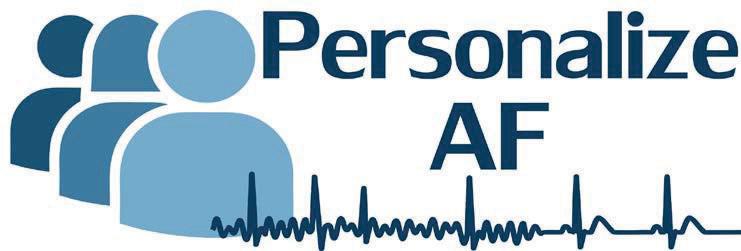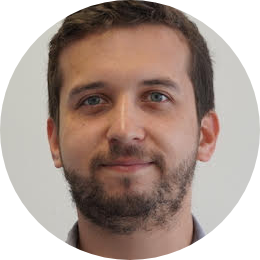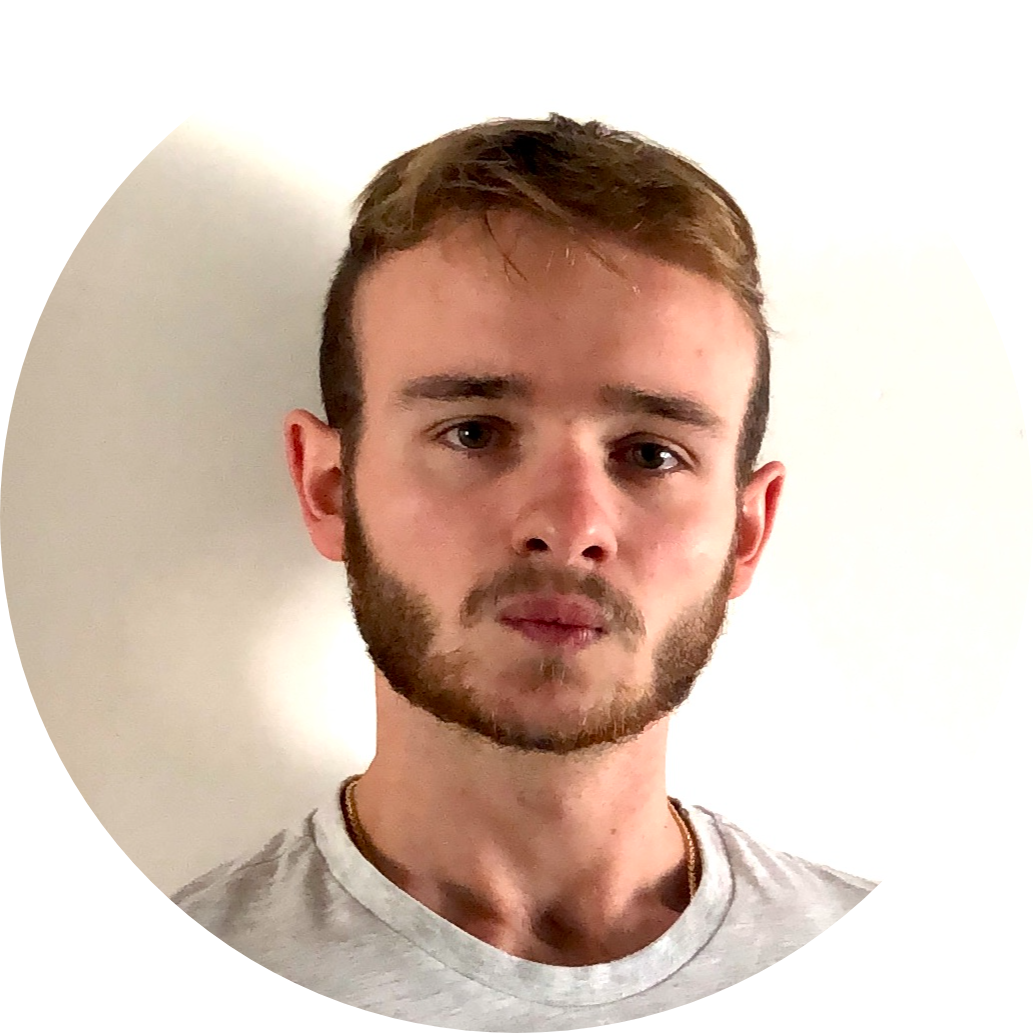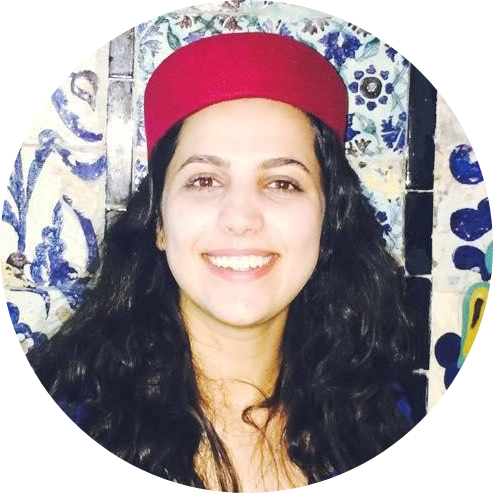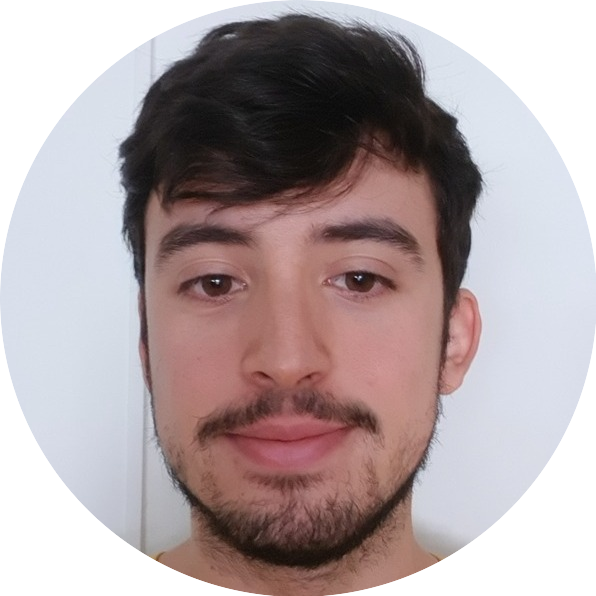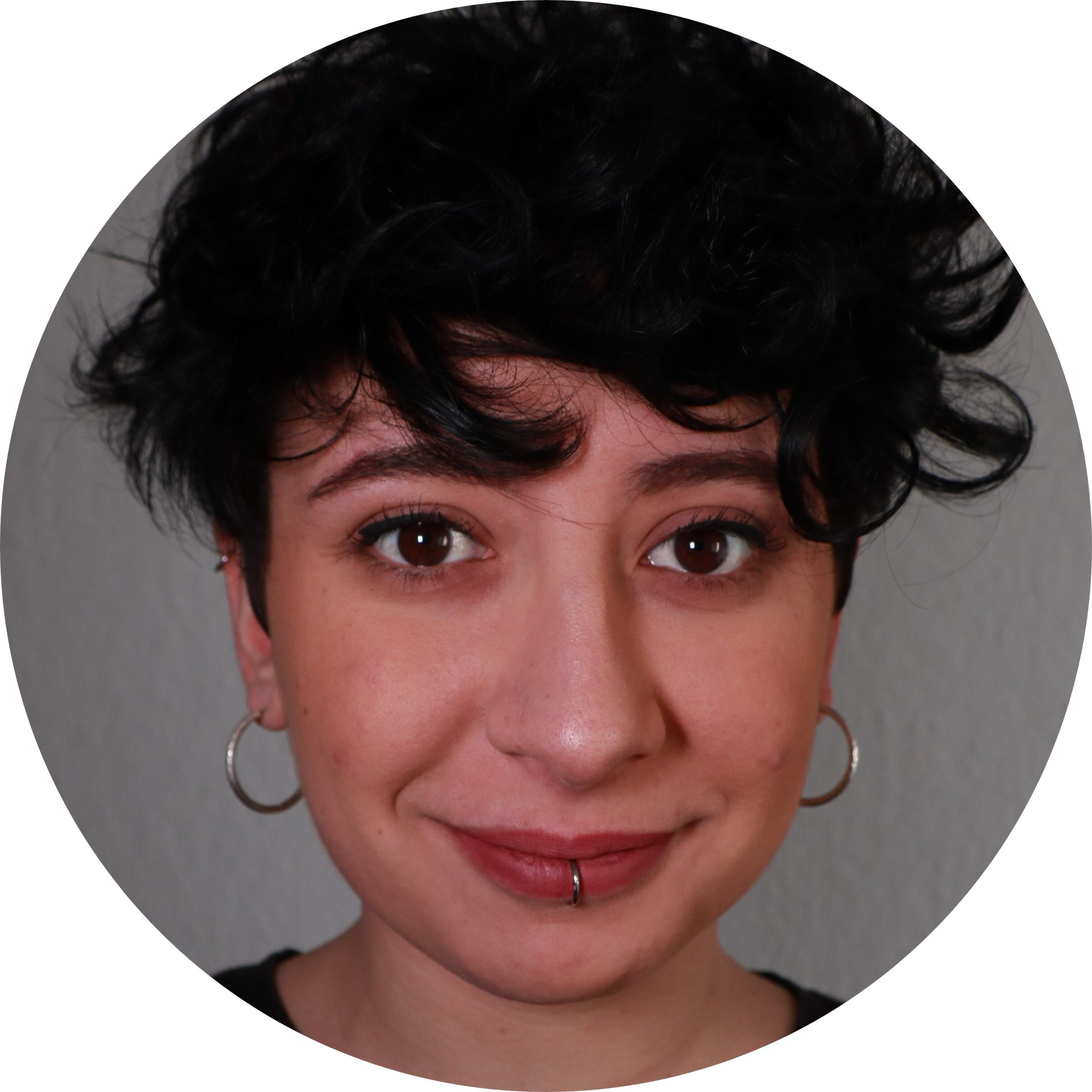
Marilù Casini
ESR1
Marilù Casini obtained her MSc in Pharmaceutical Chemistry and Technologies at the University of Florence (Italy)
in 2019. During her one-year long master’s internship, she performed an electrophysiological characterisation of hiPSC-CMs derived from healthy donor and patient with Duchenne Muscular Dystrophy. To further deepen her knowledge in this field, she decided to pursue an Erasmus+ internship at the University of Göttingen (Germany), where she worked with human tissue engineered models from hiPSC-CMs. During these years she also grown an interest in science communication to maximise the social impact of the research and promote scientific vocations.
Currently, Marilù is working at the Health Research Institute Hospital La Fe (IIS La Fe) in Valencia (Spain) as part of the PersonalizeAF network researching patient biomarkers that can predict drug response and plan a personalized AF therapy.
Goals and expectations in PersonalizeAF:
“Scientific research and science communication have always been one of my principals aims regarding my future. For this reason, the possibility to work in an innovative multinational, multi-sectorial, and multidisciplinary research project trills me. I am really looking forward to share ideas and knowledge with all the ESRs and researcher of the consortium. I strongly believe that stem cell research can contribute to better understand cardiac diseases, especially if merged with computer modelling. I will put all my passion and strength to ensure that my work will influence the quality of patient helping physician to decide a better therapeutic solution”.
